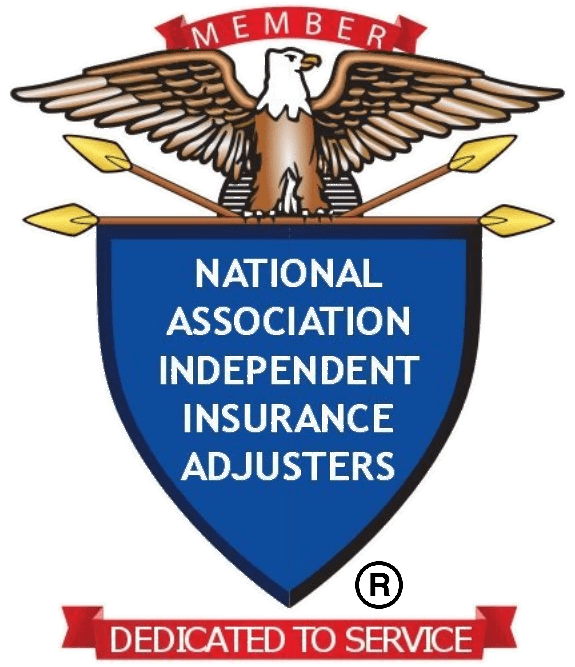This is a special guest article by Hamilton, Miller & Birthisel about legislative changes in our industry.
On Friday, December 16, 2022, Florida governor Ron DeSantis signed SB 2-A, a sweeping property insurance bill that he said is aimed at stabilizing Florida’s property insurance market, increasing competition and strengthening consumer protections.
One of the biggest effects of this new legislation is the elimination of Assignment of Benefits (AOB) contracts under a property insurance policy effective January 1, 2023. Any assignment of benefits dated January 1, 2023 or after is considered to be void, invalid and unenforceable.
Further, SB2-A reduces the amount of time an insurer has to evaluate claims with the ultimate goal of providing a claim determination to an Insured. Thus, Insurers will need to determine what, if any, additional information is necessary for its investigation of the claim, quickly, Moreover, any request for information must be sent to the Insured at least 15 days before the deadline to pay or deny the claim, which is now reduced to 60 days.
The amount of time an Insured has to file a claim or reopened claim is reduced from two (2) years to one (1) year. Additionally, an insured has 18 months to file a supplemental claim reduced rom three (3) years. Insurers may now include mandatory binding arbitration provisions within their policies by separate endorsement (endorsement must require mediation prior to the initiation of arbitration), with a premium credit or discount, and where the Insured provides written acceptance. The Insurer must also offer a non-arbitration policy.
SB2-A is aimed at eliminating Florida’s one-way attorney fees for property insurance claims, which is intended to discourage frivolous lawsuits while also promoting more competition in the private insurance industry; reducing timelines for insurance payments and provide temporary reinsurance to help stabilize Florida’s insurance market. FS 627.428 is amended to allow the trial court or appellate court to adjudge or decree a “reasonable sum as fee or compensation for the Insured’s or beneficiary’s attorney prosecuting the suit in which the recovery is had. Moreover, notably, FS 627.428, specifically removes that “right to attorney fees” under this section.
Moreover, SB 2-A seeks to build on progress made following the enactment of SB2-D (2022), SB HB 7065 (2019) and SB76 (2021) in the property markets which addressed Assignment of Benefits and frivolous lawsuits and restructured litigation rules for insurance claims to reduce the burden of excessive litigation.
Some of the key reforms as a result of SB2-A:
- Revisions to Florida’s Bad Faith Statute eliminating an Insured’s right to file a bad faith action based solely on the payment of an appraisal award or the acceptance of a proposal for settlement/offer of judgment.
- –>Elimination of the right to attorney fees in residential and commercial property insurance suits.
- –>Amendment of certain deadlines in claims handling under FS 627.70131:
- ——>Insurers now have 60 days (down from 90 days) to pay (partial or full benefits owed) after an Insurer receives notice, determines the amount of full/partial benefits, and agrees to coverage, unless there are factors beyond the Insurers control. Any payment of an initial or supplemental claim or portion of such claim made 60 days after the Insurer receives notice of the claim, or made after the expiration of any additional timeframe provided to pay or deny a claim or a portion of a claim made pursuant to an order of the office finding factors beyond the control of the Insurer, bears interest at the rate set forth in s. 55.03.
- ——>Insurers must affirm or deny full or partial coverage of claims, and as to partial coverage, the dollar amount or extent of coverage, or a written statement that the claim is being investigated within 30 days after proof-of-loss statements have been completed.
- ——>Insurers now have 7 days to acknowledge communications from its Insureds, down from the previous 14 day time period, unless there are factors beyond the Insurers control.
- ——>Insurers now have 7 days to being its investigation after receipt of a proof of loss (previously 14 days), unless there are factors beyond the Insurer’s control.
- ——>Where the investigation involves a physical inspection of the property, the inspection must be conducted within 30 days after the receipt of the proof-of-loss statement.
- ——>Within 7 days, of its generation date, the Insurer must provide the policyholder the estimate generated by the insurer’s adjuster. An Insured no longer needs to request an estimate, as the Insurer must now produce all estimates that are prepared.
For purposes of this section, the term: “Factors beyond the control of the Insurer” means: 1. Any of the following events that is the basis for the office issuing an order finding that such event renders all or specified residential property Insurers reasonably unable to meet the requirements of this section in specified locations and ordering that such Insurer or Insurers may have additional time as specified by the office to comply with the requirements of this section: a state of emergency declared by the Governor under s. 252.36, a breach of security that must be reported under s. 501.171(3), or an information technology issue. The office may not extend the period for payment or denial of a claim for more than 30 additional days. 2. Actions by the policyholder or the policyholder’s representative which constitute fraud, lack of cooperation, or intentional misrepresentation regarding the claim for which benefits are owed when such actions reasonably prevent the insurer from complying with any requirement of this section.
Insurers must maintain detailed claim records of
- All claim communications;
- Any proof of loss received;
- Request for more information;
- Claim related inspections of the property by the Insurer;
- Detailed estimates of the amount of the loss generated by the insurer’s adjuster;
- Insurer’s payment or denial of the claim; and
- Beginning and end of tolling periods.
The requirements of this section my be tolled:
- During mediation or ADR proceedings under the policy; or
- If the Insured or their representative fails to provide requested claims information within 10 days after such request. However, any request for information must be sent at least 15 days before the deadline to pay or deny the claim.
Hamilton, Miller & Birthisel is a leader in first party property defense litigation, fraud investigations, coverage interpretation and bad faith. We stand ready to assist with your first party defense needs.





